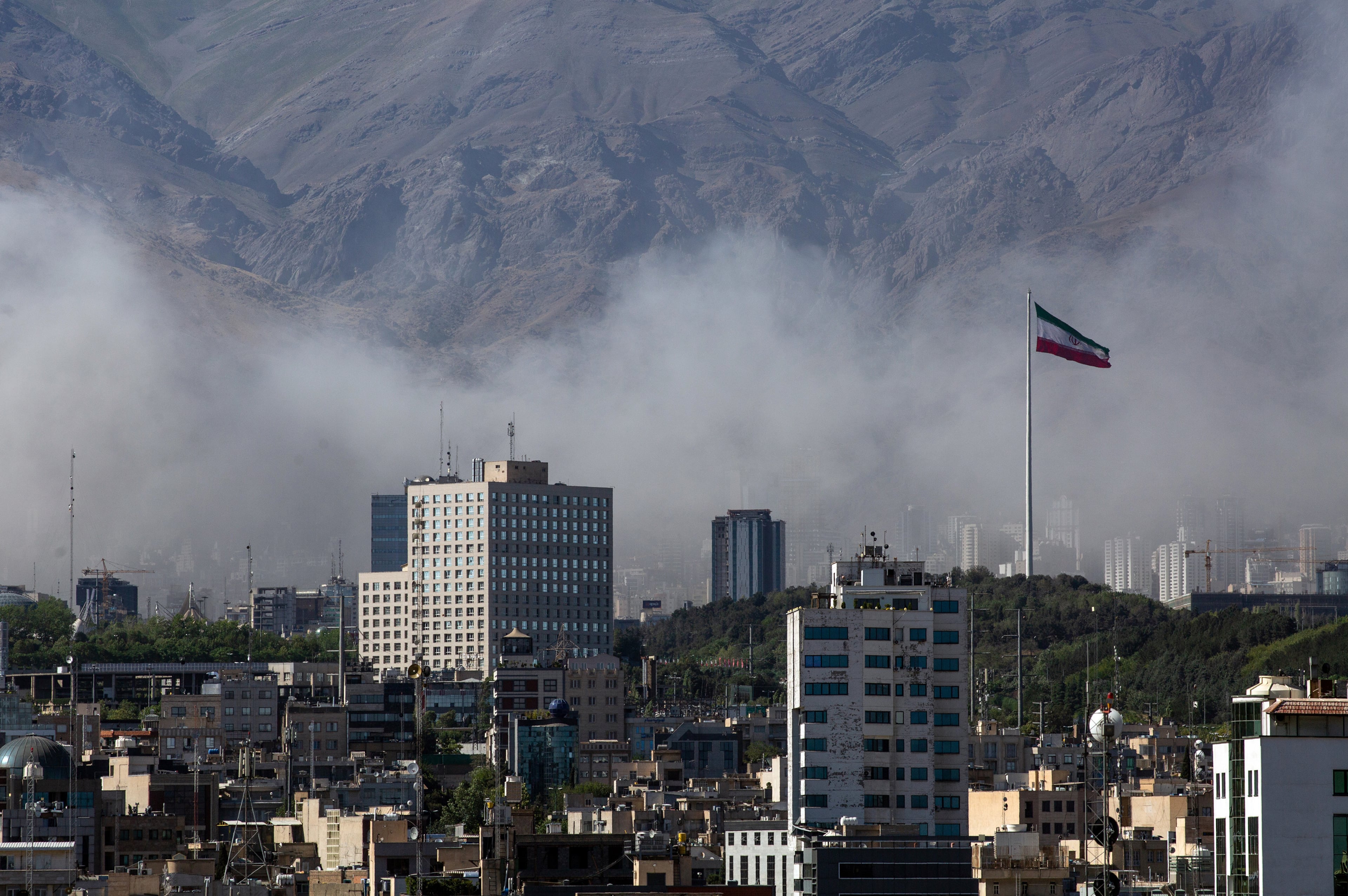Jamie Dupree is the Radio News Director of the Washington Bureau of the Cox Media Group and writes the Washington Insider blog. A native of Washington, D.C., Jamie has covered Congress and politics in the nation’s capital since the Reagan Administration, and has been reporting for Cox since 1989.
Both political parties will gather this week for the next round of debates in the race for President, as Republicans meet on Tuesday night in Milwaukee for their fourth debate, while Democrats will convene in Des Moines, Iowa on Saturday for their second faceoff.
The shape of each party’s race has certainly changed in recent weeks; for Republicans, four candidates seem to be head and shoulders above the others, and that’s been reflected in more than just the polls.
As we detailed on this blog last week, Donald Trump, Ben Carson, Marco Rubio and Ted Cruz showed their organizational strength in Alabama, where they met a Friday deadline to organize a slate of 47 delegates.
The only other candidate to get close to a full slate was Rand Paul, who ended up with 45.
Next was Jeb Bush, who only was able to put 29 delegates on the ballot for the March 1, 2016 primary in the Yellowhammer State.
Here are the registered delegate numbers from Alabama – 47 was the maximum:
- Trump – 47
- Carson – 47
- Rubio – 47
- Cruz – 47
- Paul – 45
- Bush – 29
- Kasich – 19
- Santorum – 19
- Fiorina – 16
- Huckabee – 7
All other Republicans had zero delegates signed up.
Once up in the polls, Bush finds himself moving further away from the center of the GOP debate stage, trailing Trump, Carson, Rubio and Cruz.
And then there were 3
While Republicans will have two different debates with 12 candidates in Milwaukee, this Saturday’s Democratic debate will be the first to feature only three Democratic Party hopefuls: Hillary Clinton, Bernie Sanders and Martin O’Malley.
Since the initial Democratic debate last month in Las Vegas, Clinton has grown much stronger in the polls, both in national and early state surveys, as Jim Webb and Lincoln Chafee dropped out, and Vice President Biden opted against a bid for President.
O’Malley has tried to shake things up on the Democratic side, but so far his attacks on Clinton have fallen very flat.
In recent days, O’Malley’s staff have tried to make up some ground by going after Bernie Sanders as well.
Saturday’s debate is the last one in Iowa for Democrats before the February 1, 2016 caucus; Republicans will have their final Iowa debate in January.


